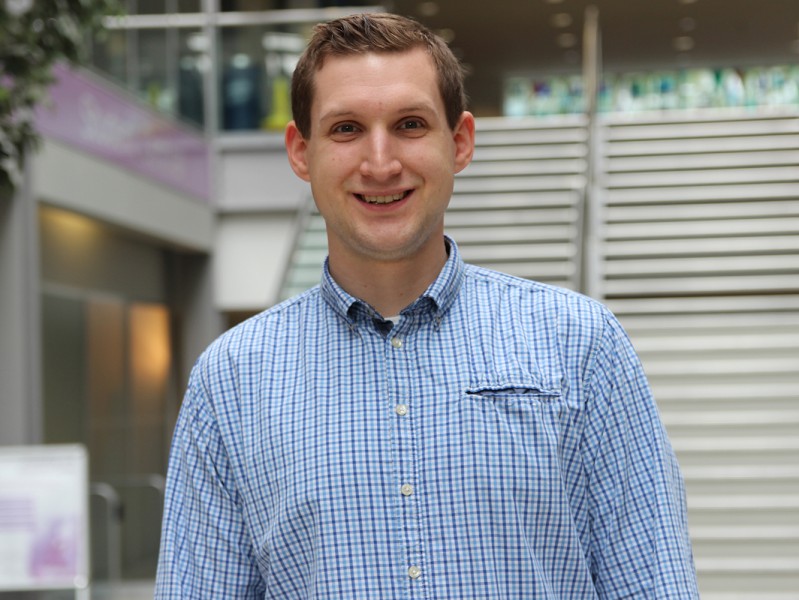The mental wellbeing of EU citizens after being asked to "StayinScotland"
Monday 24 June 2019

In April, First Minister Nicola Sturgeon launched a new Scottish Government campaign called ‘Stay in Scotland’ – pledging support for EU citizens living in Scotland. An open letter, alongside an information package about migration, emphasises how welcome these citizens are in Scotland and encourages them to stay, despite the uncertainties surrounding Brexit. It also provides residents with support to register for the settlement scheme through Citizens Advice Bureau Scotland, which has received extra funding to deliver these services and cope with the additional demand.
While the Scotland Act 1998 clearly states that issues around migration are restricted to Westminster jurisdiction, the Scottish Government last year added it to the official portfolio of the Minister for Europe, Migration and International Development.
Has this intervention been relevant to EU citizens living in Scotland? Does this new campaign make a difference? Most importantly, how are EU citizens reacting to the messages coming from Holyrood?
An interdisciplinary team of researchers from RGU, supported by Edinburgh-based charity Feniks – have published the findings of a study that explored the impact of Brexit on the mental health and wellbeing of EU citizens living in Scotland. The findings of this research project provide a narrative on people’s experiences since the referendum and how they feel about living here.
We conducted several focus group interviews with EU citizens in Edinburgh and Aberdeen, where participants were asked to consider their feelings and if there were things that helped them cope with the current political situation. The results showed that the Brexit campaign, referendum, and subsequent political discourse has impacted the mental health and wellbeing of EU citizens. It is clear that for some the perception of the UK as a warm and welcoming country has shifted. However, our participants viewed Scotland as a more welcoming and safer place to live, especially when considering and comparing the more positive messages coming from Holyrood.
The result of the referendum itself was seen as a surprise which affected participants’ sense of belonging in the UK – with one stating: “It doesn’t really feel like you’re very welcome here anymore and they don’t want you” – but that Nicola Sturgeon and the Scottish Government have shown that EU citizens have someone fighting for them.
These positive messages from the Scottish Government have partially addressed feelings of loneliness and isolation, but not fully diminished them. Uncertainty and anxiety about the future was a recurring theme across every one of our focus groups.
With the launch of the ‘Stay in Scotland’ campaign, many suggested that such a pro-migration campaign should not only support EU citizens and be factually correct, but also give them a space to share their own stories. Some participants told us that – while their neighbours had shown real sympathy – they don’t believe the Scottish public understood the impact this political climate was having on EU citizens, who were having to justify their lives in this country.
If the Scottish Government wants to achieve the main aim of its campaign – to reach EU citizens – it needs to directly involve them in its shaping, not only as recipients. This is particularly important, as many of our participants repeatedly remarked on their lack of opportunity to vote in the referendum, contrasted with their rights as citizens and taxpayers. As emphasised by grassroots organisation ‘the3million’ – EU citizens are not simply “bargaining chips”.
The positive impact on mental health and wellbeing following the First Minister’s messages should be commended and not underestimated. Will this campaign be enough to encourage EU citizens to stay, live and work in Scotland? It is a start and can promote a welcome discourse for EU citizens – but clarity on these citizens’ status and future is urgently required.
Piotr worked on a study exploring the impact of Brexit on the mental health and wellbeing of EU citizens. The results of this study were published on 12 June at an event hosted by the European Parliament Liaison Office in Edinburgh.
